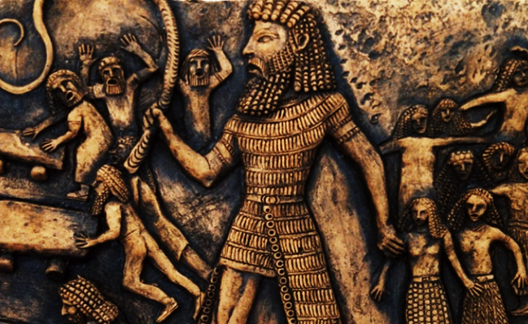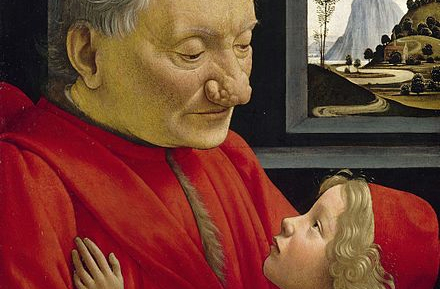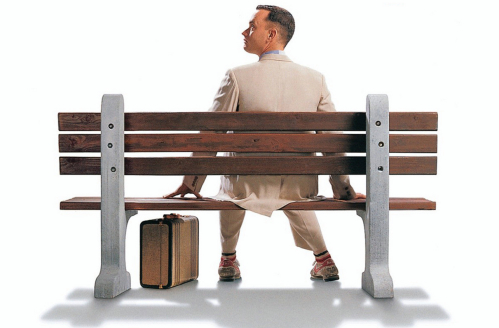Who Will Not Be Slaves Again!
Over a century ago, George Santayana wrote in The Life of Reason in 1905, “Those who cannot remember the past are condemned to repeat it.” We haven’t learned yet from the past.
Therefore, this article addresses Victor Hugo and his novel Les Misérables. It was a long, 1500-page novel from which we can learn much. Another writer said Les Misérables was “one of the half-dozen greatest novels of the world” due to its length. Its greatness is also based upon the message that we have missed.

This was the preface to Hugo’s masterpiece.
So long as there shall exist, by reason of law and custom, a social condemnation, which, in the face of civilization, artificially creates hells on earth, and complicates a destiny that is divine, with human fatality; so long as the three problems of the age—the degradation of man by poverty, the ruin of woman by starvation, and the dwarfing of childhood by physical and spiritual night—are not solved; as long as, in certain regions, social asphyxia shall be possible; in other words, and from a yet more extended point of view, so long as ignorance and misery remain on earth, books like this cannot be useless.
Hugo would have agreed with Faulkner’s last few lines of his acceptance speech after receiving the Nobel Prize in Literature.
The poet’s, the writer’s, duty is to write about these things. It is his privilege to help man endure by lifting his heart, by reminding him of the courage and honor and hope and pride and compassion and pity and sacrifice which have been the glory of his past. The poet’s voice need not merely be the record of man, it can be one of the props, the pillars to help him endure and prevail.
Hugo boiled down the problem with the society in France in the early 1800s into three hells here on earth: poverty, sexism, and the mistreatment of children.
Hugo wrote to his publisher regarding his new novel, which contained 5 volumes, 48 books, 365 chapters, and 655,478 words.

I don’t know whether it will be read by everyone, but it is meant for everyone. It addresses England as well as Spain, Italy as well as France, Germany as well as Ireland, the republics that harbour slaves as well as empires that have serfs. Social problems go beyond frontiers. Humankind’s wounds, those huge sores that litter the world, do not stop at the blue and red lines drawn on maps. Wherever men go in ignorance or despair, wherever women sell themselves for bread, wherever children lack a book to learn from or a warm hearth, Les Misérables knocks at the door and says: “Open up, I am here for you.”
It fascinates me that Hugo understood the problems facing France in the 19th century, largely because they didn’t read about the various social issues. Hugo’s conundrum was that he saw the social sins of French society. Either they were ignorant regarding the social issues because they were aloof, or they didn’t buy into equality.
Hugo faced a catch-22 dilemma. He saw the social ills facing the masses and wrote about them. That assumes that they will read about the situation and respond. Hugo was an activist in France and was elected to the National Assembly in 1848. He supported the right that allowed women to vote, the elimination of the death penalty, abolishing poverty, and free public education for all children. Many in the National Assembly opposed Hugo’s positions on social issues. Things got worse for him when Napoleon seized power in a coup d'état several years later. Hugo denounced Napoleon, which resulted in him being exiled to the island of Guernsey.
While in exile, Hugo had the time to work on his masterpiece Les Misérables, which he had planned for years. Essentially, it dealt with the various social injustices of the French society.
We are facing a societal clone of the French mindset. America has a large minority of people who haven’t learned from the past. Or, if they did, they are happy with racism, sexism, homophobia, xenophobia, ad infinitum. Listen to Do You Hear the People Sing from the play Les Misérables.
Do you hear the people sing?
Singing the song of angry men?
It is the music of the people
Who will not be slaves again!
When the beating of your heart
Echoes the beating of the drums
There is a life about to start
When tomorrow comes!
Will you join in our crusade?
Who will be strong and stand with me?
Beyond the barricade
Is there a world you long to see?
Then join in the fight
That will give you the right to be free!
Do you hear the people sing?
Singing the song of angry men?
It is the music of the people
Who will not be slaves again!
When the beating of your heart
Echoes the beating of the drums
There is a life about to start
When tomorrow comes!
Will you give all you can give
So that our banner may advance?
Some will fall and some will live
Will you stand up and take your chance?
The blood of the martyrs
Will water the meadows of France!
Do you hear the people sing?
Singing the song of angry men?
It is the music of the people
Who will not be slaves again!
When the beating of your heart
Echoes the beating of the drums
There is a life about to start
When tomorrow comes.
If Hugo was alive today in America, what would he be writing about our political disarray? What thoughts and ideas would Hugo’s docx files as he proofread an updated version of Les Misérables Coming to America?
Here is a trilogy of famous one-liners by Hugo. One of my mantras is, “It is in giving that we get.” Hugo’s version is, “Our mind is enriched by what we receive, our heart by what we give.” This is one about life and death. “It is nothing to die; it is frightful not to live.” Finally, “There is nothing like a dream to create the future.”
In America, we have many Republicans who follow their leader, Donald the Dumb. Trump disses immigrants. “They’re poisoning the blood of our country. They’re coming into our country from Africa, from Asia, all over the world.”
We have a clear choice standing in front of all Americans. We can create an American version of Les Misérables, or we can buy into the notion that immigrants will poison our blood. All Americans were immigrants at one time or another.
This is an excellent film of Les Misérables from 1978.
This is Neil Diamond’s America.


















